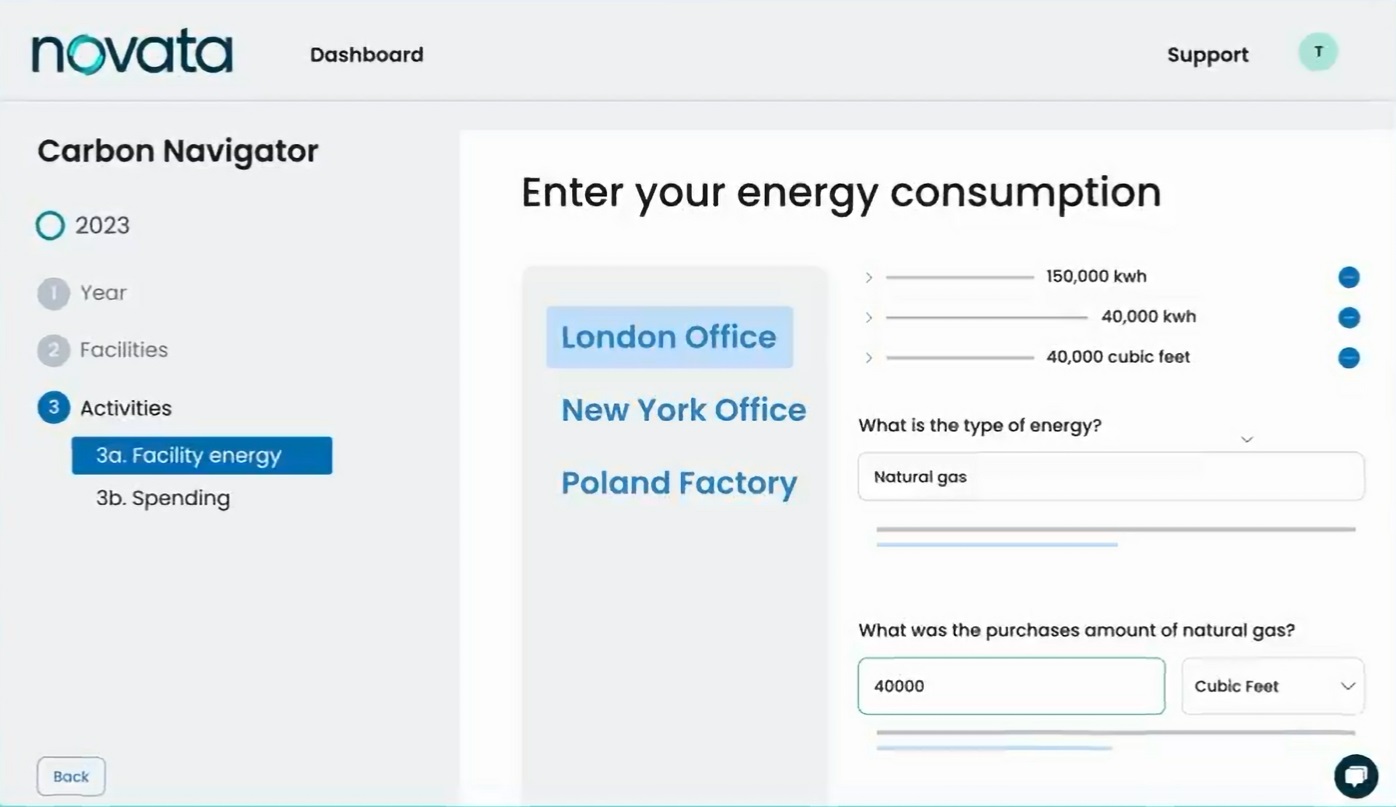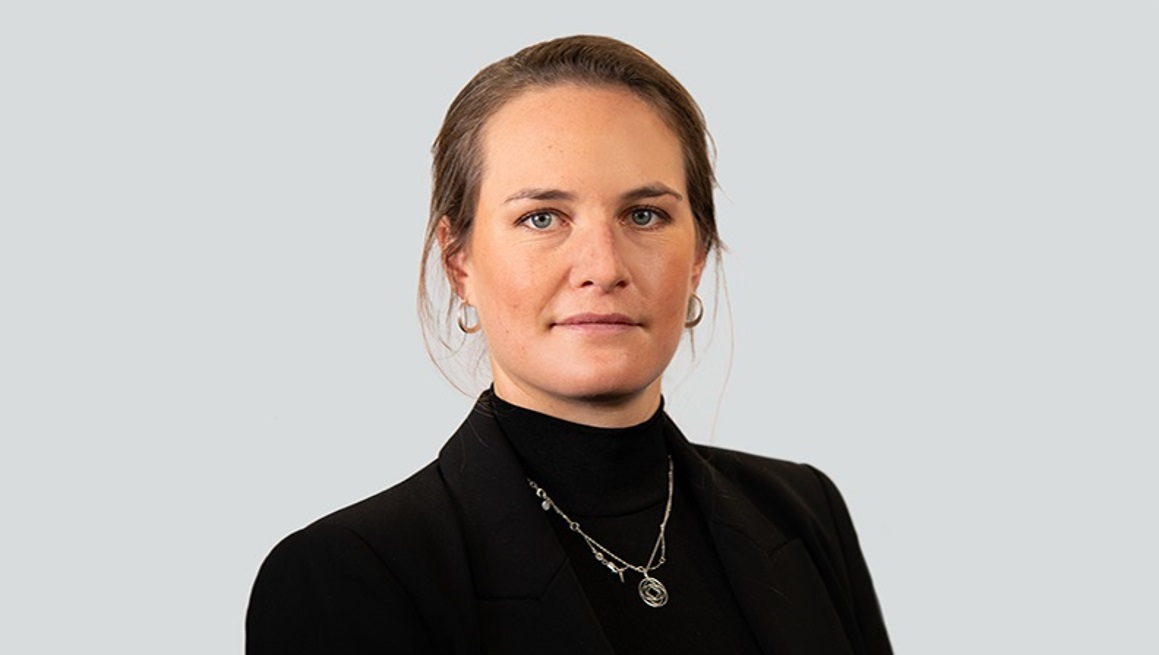Major Financial Institutions Launch Impact Disclosure Taskforce to Enable Capital Flows to Achieve SDGs
A group of some of the world’s largest finance and investment companies announced today the formation of the Impact Disclosure Taskforce, a new initiative aimed at helping businesses and governments to measure and report their efforts and progress to advancing the UN Sustainable Development Goals (SDGs), in order to facilitate the capital flows needed to meet global sustainability ambitions.
The UN SDGs refer to the 17 categories of goals adopted in 2015 as part of the 2030 Agenda for Sustainable Development, with the aim to protect the planet and improve the quality of life globally. SDG targets include ending poverty and hunger, improving education, and protecting the environment.
Citing recent research from the UN Global Compact (UNGC) and Accenture, the Taskforce noted that at the halfway point of the initiative, the world is not currently on track to achieve the SDGs, and that their achievement will require massive capital flows, with investment needs of $4 trillion annually, according to the UN Conference on Trade and Development (UNCTAD), and investors increasingly looking to channel investments to access financial, environmental, and social returns.
The Taskforce, co-chaired by representatives from JPMorgan and Natixis, said that the new initiative comes to address the lack of disclosure necessary to access these pools of sustainable capital by corporate entities and sovereigns in jurisdictions with the most significant development gaps, which would also help investors and financiers direct capital to sustainable investments.
Arsalan Mahtafar, Co-Chair of the Impact Disclosure Taskforce and Head of J.P. Morgan’s Development Finance Institution, said:
“Institutional investors with strategies to finance the SDGs face a dearth of investible assets in the developing world. A transparency mechanism on an entity’s anticipated and realized SDG impacts has the potential to unlock hundreds of billions of sustainable capital towards international development each year through mainstream financing channels.”
The Taskforce, which initially convened in April 2023, has set out voluntary guidance, designed to utilize existing non-financial disclosure standards, to help entities set targets outlining their intentions for incremental contributions towards addressing development challenges most relevant to their local contexts, and to monitor and report progress towards reaching these goals. The group said that it also intends to establish mechanisms for disseminating and analyzing this entity-level impact information.
In a statement announcing the launch and the new guidance, the Taskforce stated that by applying the voluntary guidance, entities “would provide helpful data required for investment decisions, thus making their entire balance sheets more attractive to sustainable financiers.”
While primarily targeting entities that operate in economies facing the largest SDG gaps and in jurisdictions without regulatory guidance for sustainability disclosures, the Taskforce noted that the guidance can be used by corporate entities and sovereigns of all jurisdictions.
Companies participating in the Taskforce include Amundi, AXA Investment Managers, Bank of America, Blaylock Van, BlueMark, BlueOrchard, Caisse de dépôt et placement du Québec (CDPQ), Citi, Deutsche Bank, Goldman Sachs Asset Management, J.P. Morgan Corporate & Investment Bank, Morningstar Sustainalytics, Natixis Corporate & Investment Banking, Natixis Investment Managers, Pictet Asset Management, Societe Generale, and Standard Chartered.
Cedric Merle, Co-Chair of the Impact Disclosure Taskforce and Head of the Center of Expertise and Innovation within Natixis Corporate & Investment Banking’s Green and Sustainable Hub, said:
“Incentives are necessary for emerging market entities to further disclose their SDG footprint, including the harm caused. Data gaps must be filled in emerging jurisdictions where there are no sustainability reporting requirements, but this can only be a starting point. “Newcomers” to sustainability also need guidance on how to set targets meaningful to their financiers.”
The Taskforce said that it aims to complete the guidance for public consultation in April 2024.





